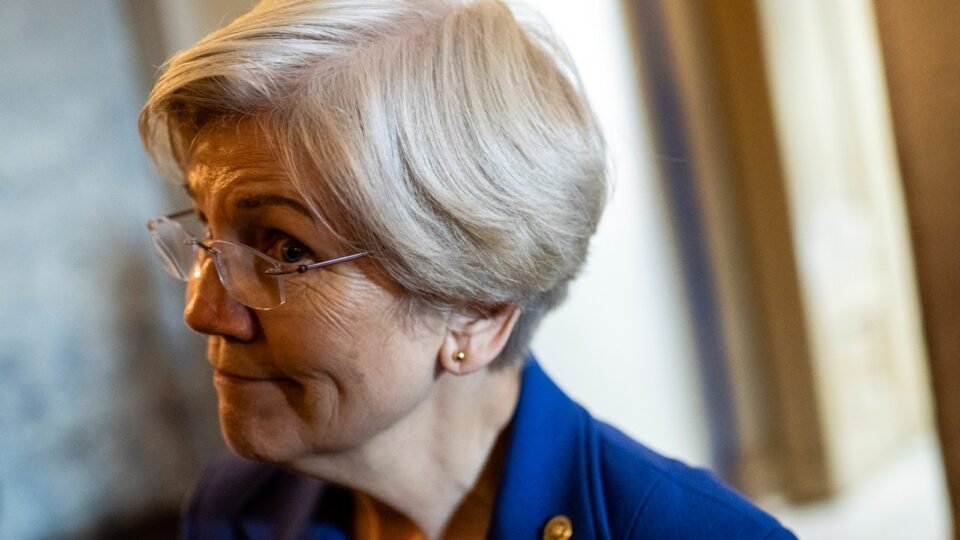Americans welcomed more pets into their homes throughout the Covid-19 pandemic. At the same time, pet medical costs surged. Fortune recently highlighted one reason why: Private equity firms have rapidly acquired veterinary practices, and now own nearly 30 percent of the marketplace.
The magazine’s investigation focused on a Houston-area veterinary hospital owned by JAB Holding Company, a German-owned private equity firm best known for its investments in bakery chains and beverage companies. In recent years, JAB has scooped up so many specialty and emergency veterinary hospitals that the Federal Trade Commission has already twice ordered the firm to divest its clinics in certain areas. The firm is also buying up pet insurance companies.
Now, progressive Sen. Elizabeth Warren (D-Mass.) is seeking to apply pressure on JAB. On Tuesday, Warren and Sen. Richard Blumenthal (D-Conn.) sent a letter to the firm requesting extensive details about JAB’s interests in veterinary practices and pet insurers. The letter was shared exclusively with Rolling Stone.
Warren and Blumenthal express “concerns about the rapid consolidation of veterinary care in the United States,” and say that private equity firms, including JAB, “have spent billions on buying up veterinary practices and then profiteering while reducing quality of care, increasing prices for pet owners, and making working conditions even harder for veterinarians.”
“Given that more than two-thirds of U.S. households own a pet, corporate consolidation of veterinary care and an accompanying rise in prices represents a major issue for American consumers and a life and death issue for their pets,” the senators write, adding: “Private equity rollups of veterinary practices harm veterinarians and customers alike.”
The private equity business model generally involves acquiring and restructuring companies, and later selling them at a higher price than they were purchased. The companies are often rolled up, or combined into larger firms. Acquisitions by the industry are known for involving significant debt, layoffs, and intense pressure to drive profits.
In a press release, Warren and Blumenthal write, “Veterinarians at private equity-owned practices have reported being overworked and pressured to upsell patients on expensive tests and procedures. At some practices, corporate managers require clinicians to meet demanding quotas for certain procedures, tying their income to the amount of revenue that they generate.”
They add, “Private equity firms have also raised the cost of veterinary services, exploiting consumers’ love for their pets to make a profit. Since 2014, prices for veterinary services have risen by 60 percent, with prices well over $300 per visit.”
Warren and Blumenthal ask JAB to detail all of the veterinary practices that JAB has acquired in the U.S. since 2019; the revenue and profits at those clinics; the average rates that these clinics charge for checkups, spay and neutering, and other common health issues, procedures, and treatments; and the number of veterinarians and veterinary technicians employed at their clinics, as well as their average salaries.
“In addition to rolling up competing veterinary practices, JAB also owns numerous pet insurance brands,” the senators write. “This vertical integration may empower JAB to preference its own insurance brands at its clinics.”
As such, they request information about JAB’s pet insurance companies, their finances, and payment policies.
Warren and Blumenthal’s letter requests further details about executive compensation in JAB’s pet industry businesses and whether its companies are taking on debt to pay for dividends to investors.
JAB owns or controls bakery and coffee chains such as Pret A Manger, Panera, Krispy Kreme, Peet’s Coffee, and Einstein’s Bagels. The firm also holds a significant stake in the beverage conglomerate Keurig Dr. Pepper.

